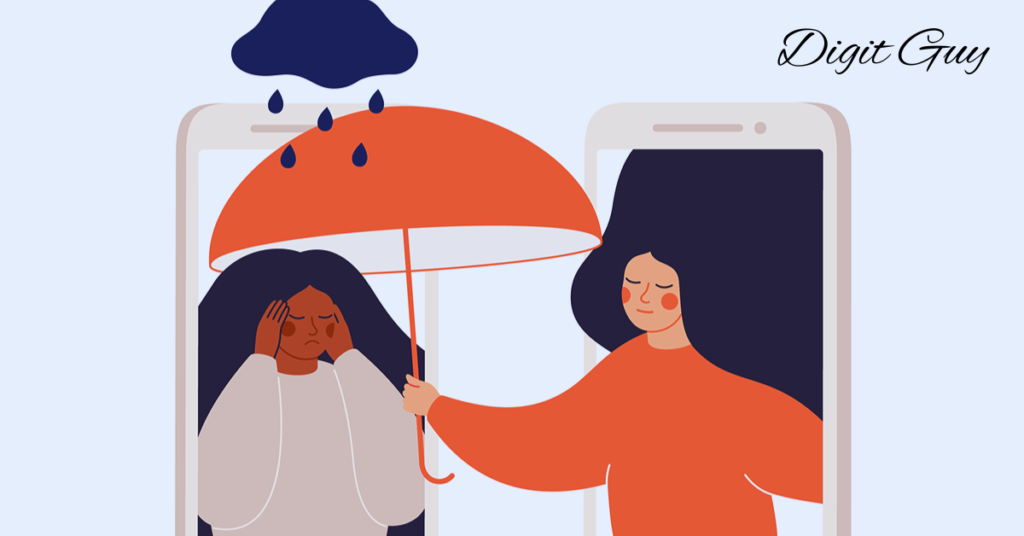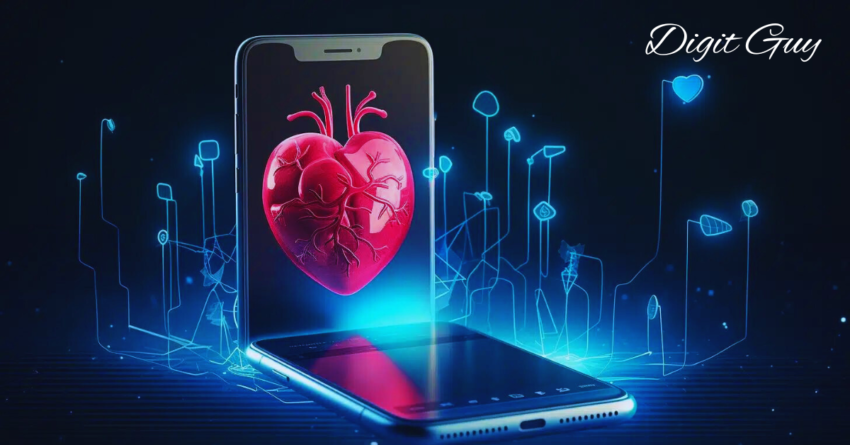The rise of mobile technology has ushered in transformative changes across various sectors, and healthcare is experiencing one of the most significant shifts. Mobile apps are playing a pivotal role in revolutionizing how healthcare is delivered, managed, and accessed.
From enhancing patient monitoring to streamlining communication between healthcare providers, these apps are reshaping the healthcare landscape.
Real-Time Health Monitoring
One of the most notable contributions of mobile apps to healthcare is their ability to facilitate real-time health monitoring. With the advent of wearable technology and health-tracking applications, individuals can now continuously monitor vital signs, physical activity, and sleep patterns.
This constant stream of data enables timely interventions and proactive health management. For instance, apps connected to wearable devices can alert users and healthcare providers to irregularities in heart rate or blood sugar levels, allowing for early intervention and potentially preventing severe health issues.
Enhanced Access to Healthcare Services

Mobile apps have significantly improved access to healthcare services, particularly through the growth of telemedicine. These applications allow patients to consult with healthcare professionals remotely, eliminating the need for in-person visits.
This has been a game-changer for individuals living in rural or underserved areas, where access to quality medical care is limited. Telehealth services, including virtual consultations and remote diagnostics, not only enhance accessibility but also help reduce the strain on traditional healthcare facilities, optimizing resource allocation.
Managing Chronic Conditions
Chronic condition management has also been revolutionized by mobile apps. Applications designed for diseases like diabetes, hypertension, and asthma empower patients to monitor their conditions more effectively. For example, diabetes management apps can track blood glucose levels, send reminders for medication, and provide dietary recommendations. By giving patients tools to manage their health proactively, these apps contribute to better disease management and improved overall health outcomes.
Supporting Mental Health

The impact of mobile apps on mental health is increasingly significant. With a growing focus on mental well-being, apps designed for mental health support offer resources for managing stress, anxiety, and depression.
These apps provide tools such as mindfulness exercises, cognitive behavioral therapy (CBT) techniques, and mood tracking features. Additionally, they often include options for connecting with mental health professionals for virtual therapy sessions. By making mental health support more accessible, these apps help reduce stigma and encourage individuals to seek help when needed.
Leveraging Artificial Intelligence
AI algorithms can analyze data from wearable devices to predict potential health issues and offer personalized recommendations. For example, an AI-driven app might analyze a user’s activity levels and sleep patterns to suggest lifestyle changes that could improve overall health.
This level of personalization can significantly enhance patient care by tailoring interventions to individual needs.
Streamlining Healthcare Operations

Mobile apps are also transforming how healthcare professionals operate. Applications that support clinical decision-making, access to medical research, and collaboration among healthcare teams are becoming more prevalent.
These tools streamline workflows, improve communication, and support evidence-based practices. By integrating with electronic health records (EHRs) and other healthcare systems, these apps ensure that healthcare providers have access to comprehensive patient information, leading to more informed decision-making and better patient outcomes.
Addressing Security and Privacy Concerns
Despite the numerous advantages of mobile health apps, security and privacy concerns remain critical issues. Developers and healthcare providers must adhere to stringent security protocols and data protection regulations to safeguard patient information.
As the use of mobile health apps continues to grow, ongoing efforts to enhance security measures and address privacy concerns will be essential to maintaining user trust and compliance with regulations.
The Future of Mobile Health Apps

Looking ahead, the future of mobile health apps is promising. Continued advancements in technology, including improvements in AI, wearable devices, and data analytics, will drive further innovations in healthcare applications.
As mobile health apps become more sophisticated, they will likely offer even more personalized and effective solutions for managing health and wellness.
Conclusion
Mobile apps are fundamentally transforming the healthcare industry by making it more accessible, efficient, and personalized. From real-time health monitoring to mental health support, these apps are revolutionizing how healthcare is delivered and experienced.
As technology continues to advance, the role of mobile apps in healthcare will undoubtedly expand, offering new opportunities for improving health outcomes and enhancing the quality of care.
FAQ’s
How do mobile apps help with real-time health monitoring?
Mobile apps connected to wearable devices can continuously track vital signs, physical activity, and sleep patterns, providing real-time data that helps in early detection of potential health issues.
What is telemedicine and how does it benefit patients?
Telemedicine involves remote consultations with healthcare professionals via mobile apps, making it easier for patients, especially those in remote areas, to access medical care without traveling to a clinic.
How do mobile apps assist in managing chronic conditions?
Apps for chronic conditions offer features like tracking symptoms, managing medications, and providing educational resources, which help patients manage their health more effectively.
What role do mobile apps play in mental health support?
Mental health apps provide resources for managing stress, anxiety, and depression, including mindfulness exercises and virtual therapy sessions, making mental health support more accessible.
What are the key security concerns with mobile health apps?
Security concerns include protecting sensitive health information from breaches and ensuring compliance with data protection regulations to maintain user trust and privacy.
